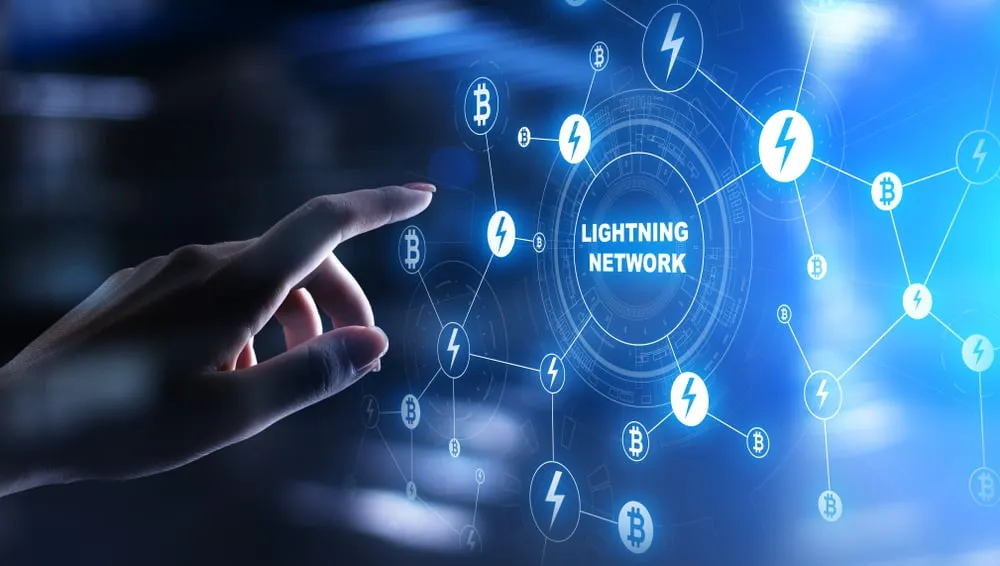Bitcoin Lightning wallet developer Zap has released a new app, called Strike, which hopes to make it even easier for just about anyone to use Lightning. The app allows customers to make payments on Lightning using just a debit card or bank account.
The Lightning network is difficult and complex to interact with, and requires setting up specialist computer equipment—if you want to do it properly. With such a large barrier to entry, Lightning has struggled to get meaningful traction. Zap is hoping that, by dealing with the tricky Lightning stuff on behalf of its users, it can encourage a greater take-up—spurring greater Bitcoin adoption.

Today, we are announcing Strike, an application that allows you to make Lightning payments with your bank account or debit card,” Zap founder Jack Mallers wrote in a Medium post, adding, “It’s an application, sitting on top of our infrastructure piece Olympus, designed to usher in an era of Bitcoin that we believe has the best shot of achieving our mainstream hopes and desires.”
The application allows users to pay Lightning-enabled invoices directly (for example, by scanning a corresponding QR code) using only their bank account or a debit card attached to Strike. It’s incredibly simple to set up, especially compared to setting up a Lightning node.
The app can be used to buy or sell Bitcoin (by creating an invoice from their existing wallet and paying it with Strike and vice versa), for remittance payments via QR codes, and for Internet tipping.
However, to provide access to all the advantages of Lightning and none of the drawbacks, the app has made a big compromise.
Unlike non-custodial Bitcoin wallets, where users look after their own Bitcoin, all of the funds will be held by Zap themselves. Similarly, Zap will be running a Bitcoin Lightning node and will make all the payments on behalf of the app’s users.
It’s a bit like having a bank, where the bank makes payments on behalf of its customers, but in this case, the payments would be made in the background over the Lightning network rather than through traditional wire transfers.
So, in one sense it’s spurring the takeup of Lightning, but in another, it’s not taking us any closer to the land of hyperbitcoinization we’ve been hoping for.

